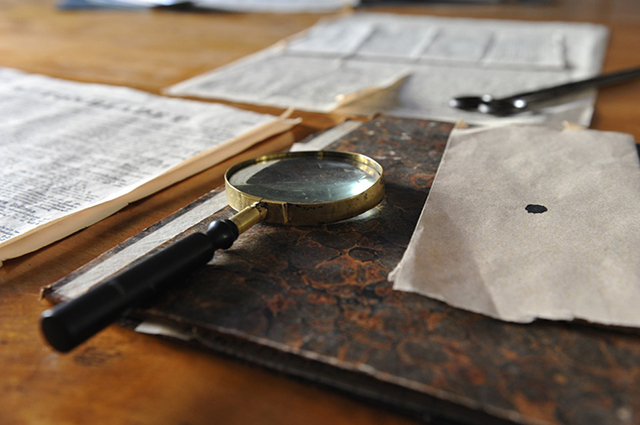Your credit score plays a big part in the type of financing plans you qualify for during the home buying process. A good score can help you get a great loan, and you won’t need to put out much money for a down payment. On the other hand, a bad score can keep you from getting approved for owning a home.
Possible Scenarios For Owning A Home
Here is a scenario that happens often:
You save for a house for YEARS and dream of owning a home after you get married. You finally have the thousands of dollars of down payment you feel comfortable with. You might even know which house you want, and you are starting to tell everyone about your ‘big plans’.
But you don’t get any further than talking about it…because you have a credit score in the 500’s and that won’t get you any type of loan from a source that you trust.
The chances are you did not think about the amount of debt you already have. With a score that low, no one will want to trust you with that type of financial commitment.
Your credit score can shatter every dream you have about owning a home. In the same way, it can change how YOU feel about yourself.
There can be a person next in line that asks for a loan right after you. They may not have much money saved up, but a good credit score helps them find a way to own a home without putting money down.
A person with no debt and a score in the 700’s is what the banks want to see. They need to trust the person that they are going to be lending money to for the next 30 or 40 years.
We hope you are the second person we just described. But if you’re not, we’ve come up with some tips to owning a home with the credit score you have:
If your someone that has bad credit, it’s important to learn how a credit score can change everything in the home buying process.
If you had the ability to, would you clap your hands, wiggle your nose, and change you credit score?
We’re going to discuss what you can do, without using your ‘nose wiggling powers’, to improve your score. That way, you’ll have the best options for entering the real estate market and owning a home.
Start To Manage Money
To manage your money in the best possible way, always keep a watchful eye on it. You’ll want to know your financial circumstances in detail to avoid accumulating more debt. By doing this, you will know your exact situation, and you can take action when it comes to your debt.
It is important to know exactly how much you owe. Look at every detail and start to get better at spending your money. Be aware of when you make unnecessary purchases, as the money can go towards paying off your debt, instead. With monitoring this, you’ll see where you’re increases and decreases are in your bank account.
Challenge Data on Your Credit Report
You have the right to contest information on your credit report that is false and/or outdated. If you decide to make the call regarding past claims and incorrect details, you will have an advantage. The operators are not as determined as you are about your money.
In most cases, they won’t call every agency to check every detail. But, you still need to be honest with what you contest, and DO NOT lie about anything on your credit report.
As an example, if you’ve just paid off some debt and want it to stop showing up on your report, contest it. Report that the data is no longer pending, and to please remove it immediately.
Get everything off of your credit report that you can. This way the bank never sees or knows about it. Even if you’ve paid a debt balance off, if it remains on your report, it could look bad.
Stop Acquiring New Credit
Stop filling out applications for more credit cards. This will show up on your credit report as a “credit inquiry”. Too many credit inquiries in a short amount of time have a negative impact on your credit.
Even if you’re wise with your spending and you continuously pay off your credit debt, don’t get any new credit lines when you’re considering owning a new home. The banks will see all your credit lines and credit inquiries, and it looks bad if there’s too much going on.
Watch Your Bank Account Activity
When applying for a mortgage, your creditor will want to see the way your money comes into and goes out of your bank account. They will want to know if your deposits are from unknown sources, or from your expected employer. They will keep track of how much money is going into your account, and how long it stays in your account.
They will also get an idea of your spending habits and how often you are withdrawing from your account. When you’re buying real estate, look to make a great impression with your bank statements by minimizing unnecessary purchases, removing unnecessary data, and NOT opening new credit lines.






